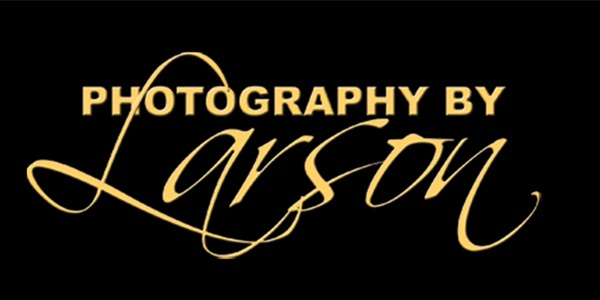Did you know that the bride and groom usually hire a professional photographer and videographer to capture the special moments of their wedding day And while you, dear guest, may think that you’re helping them by taking photos they can use online or in a scrapbook, you may actually be ruining the images they are paying thousands of dollars for.
Over the last year photographers, wedding planners, and even the couples themselves, are planning unplugged weddings in which guests are asked to refrain from recording devices, especially during the actual ceremony. In a recent USA Today article, Ohio-based photographer Corey Ann Balazowich even admitted to presenting the idea to her clients (So far it has been well received.)
Guests may not realize that they’re getting in the way, or maybe they selfishly want to take their own images so they can post to their social platforms (after all did it really happen if you didn’t Instagram it for the world to see?) Photographers, however, are pleased by notion of the ban.
"Camera phones at weddings are a huge problem for photographers," Minneapolis-based photographer Liz Banfield tells Yahoo Style. "Not only do these guests get in the way but they also can ruin the background of a photo. Literally every aisle shot I have from the last few years has someone holding out a phone into the aisle."
And it’s not just photographers encouraging this new trend. Colin Reiser, co-owner of the wedding filmography agency Blue Kite Cinema, shared with Yahoo Style the scenario of lining up the perfect shot to catch the couple’s first kiss at the end of the ceremony, and having a guest pop up in front of his video camera to shoot it on his iPhone.
"You end up missing the whole thing because at the last second, a guest forgets that he wasn’t the one who was hired to professionally capture the wedding," he said. "Now, after all that build up, all you have to show is an extreme slow motion shot of the back of a guest’s head, and you have to explain to the couple why they have to ask a random guest to see their first kiss."
Couples are not only concerned about their "ruined" wedding photos and video, but the in-the-moment experience their guests are missing by watching the first kiss, first dance, and cake-cutting ceremony via a 5-inch screen instead of through their own eyes.
"In addition to being disruptive to the photographers, taking photos on your phone or iPad is disruptive to the entire experience," says celebrity-wedding planner Marcy Blum. "A guest can’t be shooting the wedding and be in the moment at the same time."
So how can you ensure that only the professionals are shooting your wedding?
Banfield recommends letting guests know via signage as they walk in that this is an unplugged wedding. You can also have the ushers remind guests that the couple is requesting they refrain from taking their own photos.
"I think it’s important it be phrased that it’s the request of the bride and groom, and not the rules of the church, which people will break," she adds.
And just in case they may have forgotten since taking their seat, Jung Lee of FÊTE suggests reminding them one more time. "Right before the ceremony begins, have the officiant inform everyone that the couple requests that they enjoy the ceremony live, and refrain from taking photos. He can also add that all the professional photos will be shared later on."
If you want to truly ensure that no one will jump into the aisle to take photos, New York based wedding and event planner, Lindsay Landman suggests creating a phone check. Simply have guests check their phones—into plastic bags that are clearly labeled—as they would check their coat. "This way if they do need to make a call they can simply uncheck their phone, and then check it back in," she explains.
For couples having a destination wedding, Blum recommends you inform guests that you’re having an unplugged wedding via a note left with the welcome bag.
"Since they won’t have their phone with them at the wedding, we’ll leave an alternate number guests can give to their babysitter, nanny or someone else who may need to reach them, and my staff will answer and relay any messages," Blum explains.
Above all, remember to let the professionals do their job. You do yours: Be present and enjoy the wedding.
